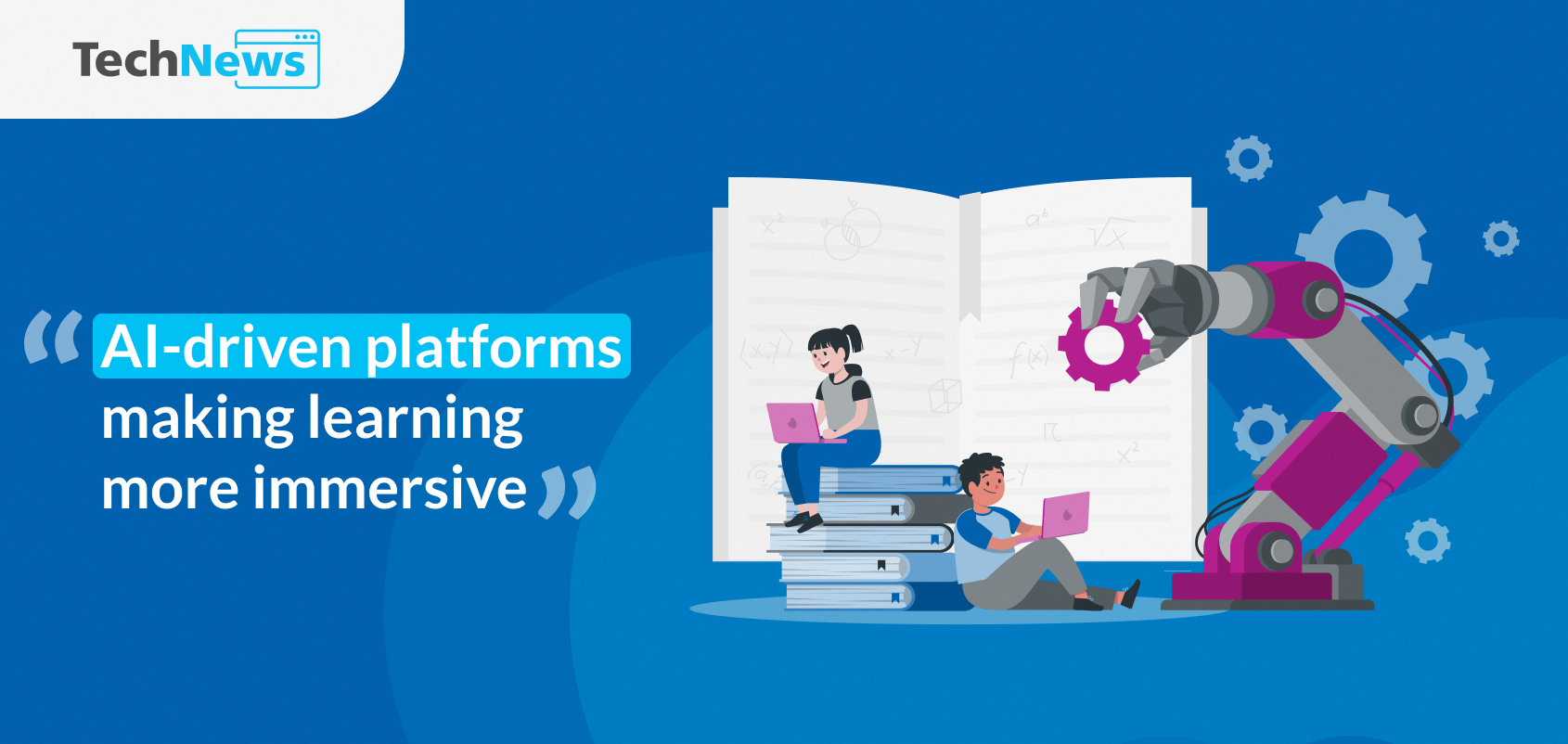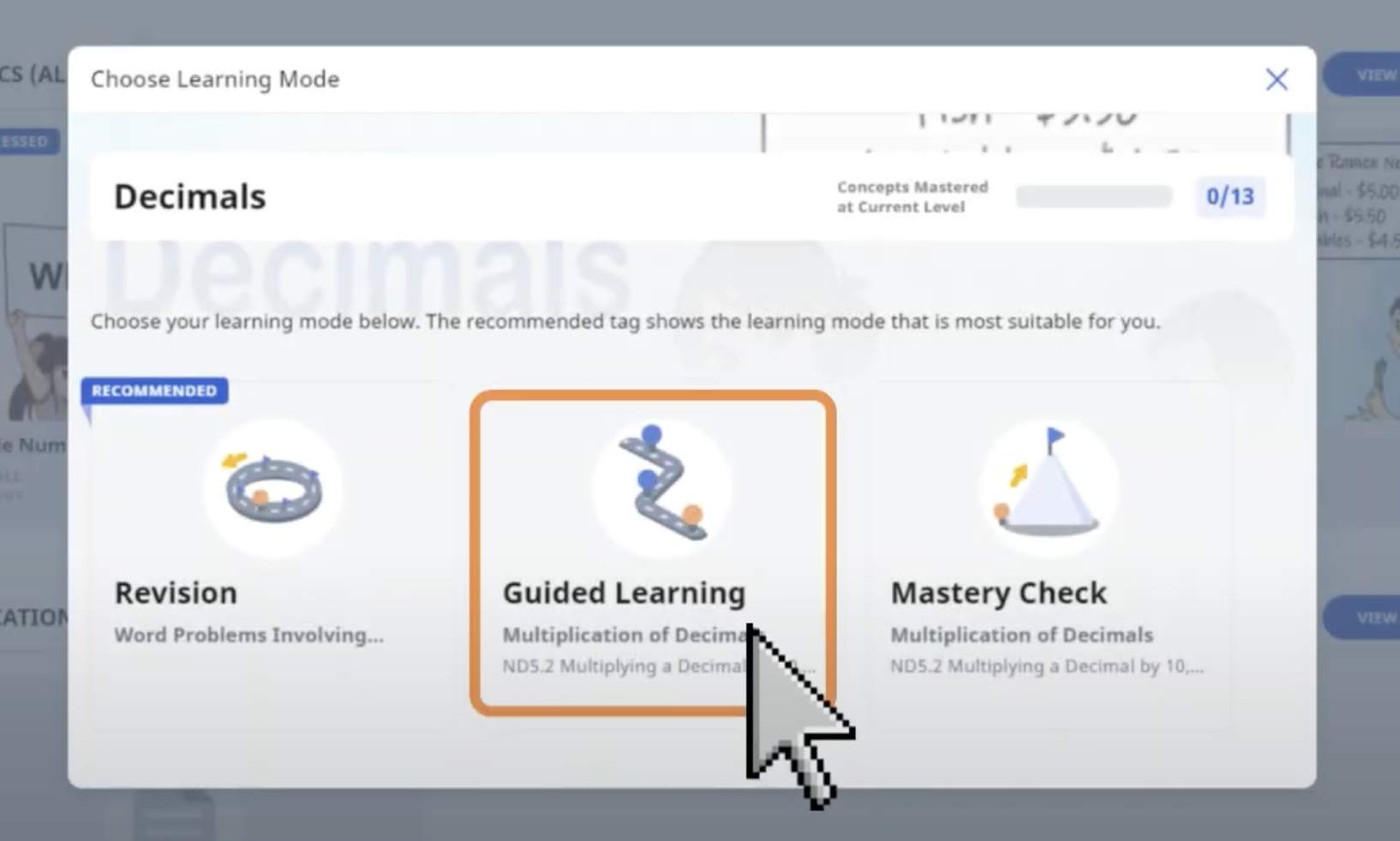AI in Education: Transforming Singapore’s Education System with Student Learning Space

Since the COVID-19 pandemic in 2020, many schools were forced to shift to home-based learning to stem the spread of the virus. This led to a greater necessity to develop more sophisticated and well-rounded online learning platforms to:
-
cater to students’ learning needs; and
-
meet teachers’ expectations for more efficient ways to plan lessons and track students' development.
Combined with the need to stay up-to-date with the rapid advancements in Artificial Intelligence (AI), the Ministry of Education (MOE), in collaboration with GovTech, launched the Student Learning Space (SLS) in 2018, with substantial and consistent upgrades—including AI-enabled tools—in its features over the years.
Such efforts are in line with the “Transforming Education through Technology” (EdTech) Masterplan 2030, launched in September 2023 by MOE. This plan envisions "Technology-transformed learning, to prepare students for a technology-transformed world," reflecting MOE’s commitment to adapting teaching methods to the digital age.
Through this master plan, MOE seeks to impart students with digital literacy, support diverse learning needs, and equip students with the skills needed to thrive in an increasingly complex, tech-driven world.
Let's explore the benefits of integrating AI into education, and discover some of the Student Learning Space's new AI-enabled features such as Authoring Copilot (ACP), Short Answer Feedback Assistant (ShortAnsFA), and more.
What is the Student Learning Space?
The Student Learning Space (SLS) is a platform that aims to enrich students' learning through technology. Accessible to all school teachers and students in the national school system, SLS offers high-quality, curriculum-aligned resources across major subjects from primary to pre-university levels. The platform continually evolves with input from users, integrating feedback and updating in line with educational needs and policy.
Benefits of AI in Education in Singapore




Adaptive Learning System (ALS)
The Adaptive Learning System (ALS), integrated into the SLS platform, is an AI-enabled educational system developed by MOE and GovTech.
Currently available for Mathematics (Upper Primary) and Geography (Upper Secondary), ALS uses machine learning to deliver personalised learning pathways tailored to each student’s unique needs. It guides students through a curriculum that adapts to their progress and mastery levels.
Key Features and Benefits of the Adaptive Learning System (ALS)
Authoring Copilot (ACP)
The Authoring Copilot (ACP) is an AI-driven tool (also on SLS) designed by educators for educators and helps to streamline lesson planning for teachers across all subjects and levels. Leveraging Large Language Models (LLMs), ACP helps educators turn their lesson ideas into fully realised digital lessons by automating lesson components, activities, and assessments based on the teacher’s text-based inputs. Teachers can then make the necessary edits to further modify lesson plans. This powerful tool enhances teaching by creating a more efficient and flexible approach to lesson design.
Key Features of Authoring Copilot (ACP)
Short Answer Feedback Assistant (ShortAnsFA)
The Short Answer Feedback Assistant (ShortAnsFA) is another AI-enabled tool on the SLS platform that streamlines the feedback process for students. Designed to work across a range of subjects and levels, ShortAnsFA provides fast, personalised feedback for free-response, short-answer questions. By generating preliminary feedback and suggested scores based on a predefined mark scheme, ShortAnsFA helps teachers reduce the time spent on grading, freeing them to focus on other teaching activities and more detailed student guidance.
Key Features of Short Answer Feedback Assistant (ShortAnsFA)
Data Assistant (DAT)
The Data Assistant (DAT) is another AI-driven tool on the SLS platform designed to simplify the analysis and interpretation of student data (answers). With DAT, teachers can gain real-time insights into student understanding and engagement across various response formats, including free-response questions, interactive tools, and discussion forums. DAT allows teachers to adapt their strategies by focusing on topics that most students struggle with, improving overall learning outcomes for all students.
Key Features of Data Assistant (DAT)
Appraiser Testimonial Generator
The Appraiser Testimonial Generator Tool is an AI-powered application built by GovTech in collaboration with MOE. Created to streamline the process of writing student testimonials by teachers, Appraiser significantly reduces the time spent in drafting personalised and well-structured testimonials. Instead of spending hours manually writing each testimonial, teachers can now use the tool to generate a polished first draft within minutes. This efficiency has benefited more than 4,000 teachers, with over 40,000 testimonials generated to date.
Key Features of the Appraiser Testimonial Generator
Potential Risks of Using AI
|
Privacy and Personal Data Protection |
Students’ and teachers’ consent for data collection and usage may be overlooked, raising privacy concerns. There is also the risk of data breaches and unauthourised access, potentially exposing sensitive information. |
|
Accuracy and Validity of AI-Generated Answers |
AI "hallucinations" may lead to inaccurate or fabricated information. Ongoing improvements are needed to minimise errors and ensure more factually accurate AI responses. |
|
Inherent Bias in AI Systems |
AI systems may inadvertently reflect cultural or societal biases. It is essential for AI to be trained on inclusive and representative datasets to reduce the risk of biased and potentially harmful outputs. |
|
Over-Reliance on AI Tools |
Excessive use of AI may reduce human interaction and lower the need for social connections. Our education system recognises that human interaction is a fundamental part of learning and continues to create social connections through collaborative learning. Ultimately, AI should complement classroom efforts to build social skills and connections, and not seek to replace these human interactions. |
|
Transparency and Accountability |
The complexity of AI models can make it difficult to understand how decisions are made. Hence, transparency over how AI collects data is needed to instil trust in the system and having clear accountability structures helps ensure ethical boundaries are not crossed. |
If Singapore seeks to keep its future workforce competitive and in high demand, there is no doubt that the current and future generations must develop in-demand skills that may involve utilising AI. The government recognises the importance of this and is preparing today’s students to embrace technology and be adaptable. This aligns with the EdTech Masterplan 2030 and the need to integrate AI in education here in Singapore.
Want to read more about AI?
Related articles:




